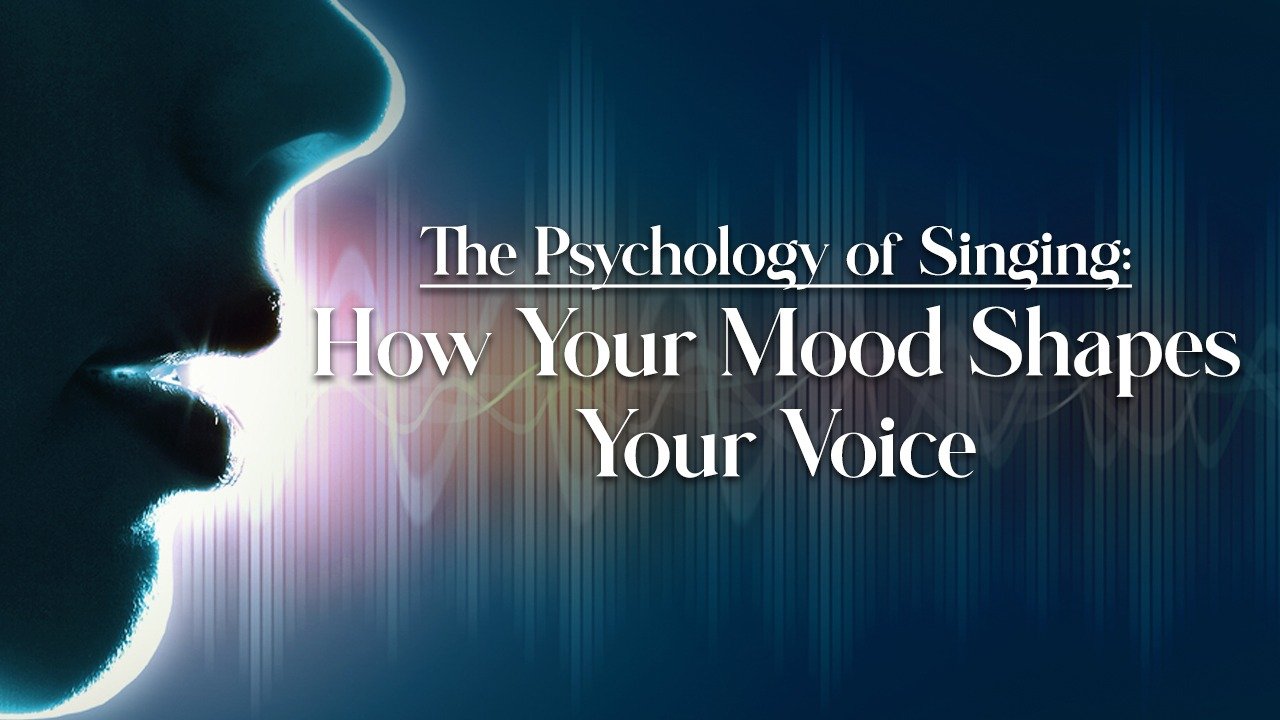Singing is more than just hitting the right notes—it’s deeply connected to our emotions and mental state. Every singer has experienced how their mood affects their voice. On days when you feel happy, your voice often sounds brighter and more open. But when you’re stressed or sad, your tone may feel heavy, strained, or even flat. This connection between psychology and singing is something every vocalist should understand.
How Emotions Influence Singing
Our voice is controlled by muscles in the throat, chest, and diaphragm. These muscles are highly sensitive to emotions. For example, anxiety can cause tension in the throat, making it harder to sing smoothly. On the other hand, joy can naturally relax the body, helping your voice flow more easily. That’s why many singers notice their emotional state directly shapes vocal performance.
The Role of Stress and Confidence
Stress is one of the biggest challenges for singers. When your mind is overwhelmed, your breathing becomes shallow, which limits vocal power and control. Similarly, a lack of confidence can make your voice shaky. By practicing relaxation techniques—like deep breathing, meditation, or gentle warm-ups—you can reduce stress and allow your natural voice to shine.
Singing as Emotional Therapy
Interestingly, the relationship works both ways. Just as your mood affects your singing, singing can also change your mood. Studies show that singing releases endorphins, the “happy hormones,” which boost positivity and reduce anxiety. That’s why many people feel lighter and more energized after singing their favorite song.
Final Thoughts
The psychology of singing proves that your voice is not only a physical instrument but also an emotional mirror. By being mindful of your mood, practicing relaxation, and embracing positive emotions, you can unlock a stronger, more expressive voice.





